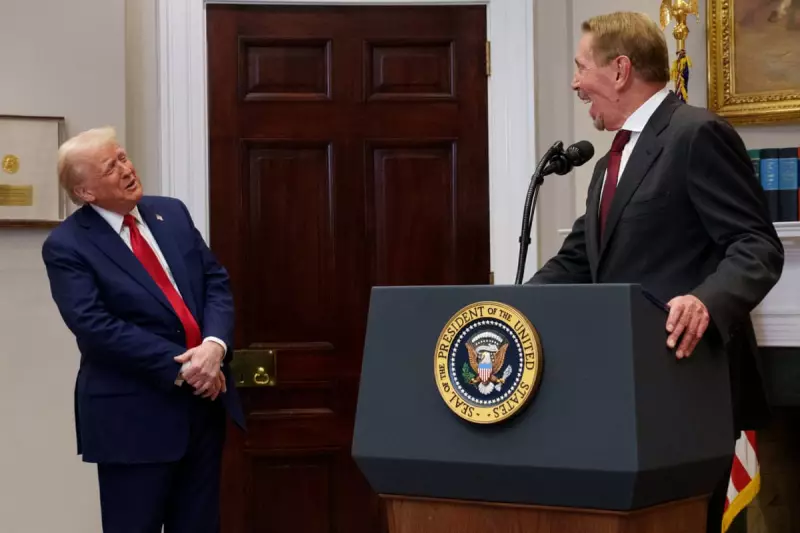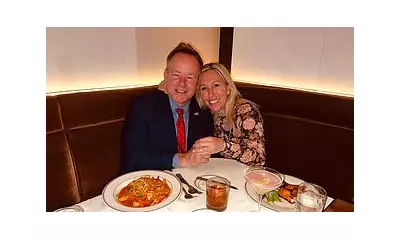
In a disturbing development for American democracy, allies of former President Donald Trump are mounting pressure on CBS News to abandon its presence on TikTok, raising serious concerns about political interference in media operations.
The Corporate Pressure Campaign
Conservative advocacy groups with strong ties to Trump's political circle have launched a coordinated campaign targeting CBS's corporate leadership. Their demand is simple yet alarming: sever ties with the popular video-sharing platform or face consequences.
This isn't merely about social media strategy—it represents a calculated move to dictate how news organisations reach their audiences. The groups involved have made no secret of their intentions, framing their demands as matters of national security while simultaneously advancing a clear political agenda.
A Pattern of Media Intimidation
This latest incident fits into a broader pattern of attempts to control and intimidate the press. During his presidency, Trump frequently labelled mainstream media as "the enemy of the people," creating a hostile environment for journalists.
What makes this situation particularly concerning is the corporate-level pressure being applied. Rather than criticising coverage, these groups are targeting business relationships and platform choices—areas traditionally outside political interference.
The Democracy Implications
Media freedom experts warn that such tactics represent a fundamental threat to democratic norms. When political operatives can dictate which platforms news organisations use, it sets a dangerous precedent that could lead to more direct forms of content control.
The situation raises critical questions:
- Where should the line be drawn between legitimate security concerns and political censorship?
- How can news organisations maintain editorial independence amid corporate pressure?
- What protections exist for media freedom when the threats come through business channels rather than direct government action?
The TikTok Context
While legitimate security concerns exist around Chinese-owned technology platforms, the timing and targeting of this campaign suggest political motivations outweigh genuine security considerations. The focus specifically on a major news organisation's use of the platform, rather than broader policy discussions, reveals the underlying agenda.
This approach allows political actors to frame media criticism as national security concern, creating a powerful rhetorical shield against accusations of censorship.
A Warning for Democratic Institutions
The CBS-TikTok pressure campaign serves as a stark warning about the fragility of media freedom in modern democracies. As political polarization intensifies, traditional protections for press independence face new challenges from unconventional angles.
The outcome of this confrontation could set important precedents for how news organisations navigate the complex intersection of politics, technology, and editorial independence in the coming years.





